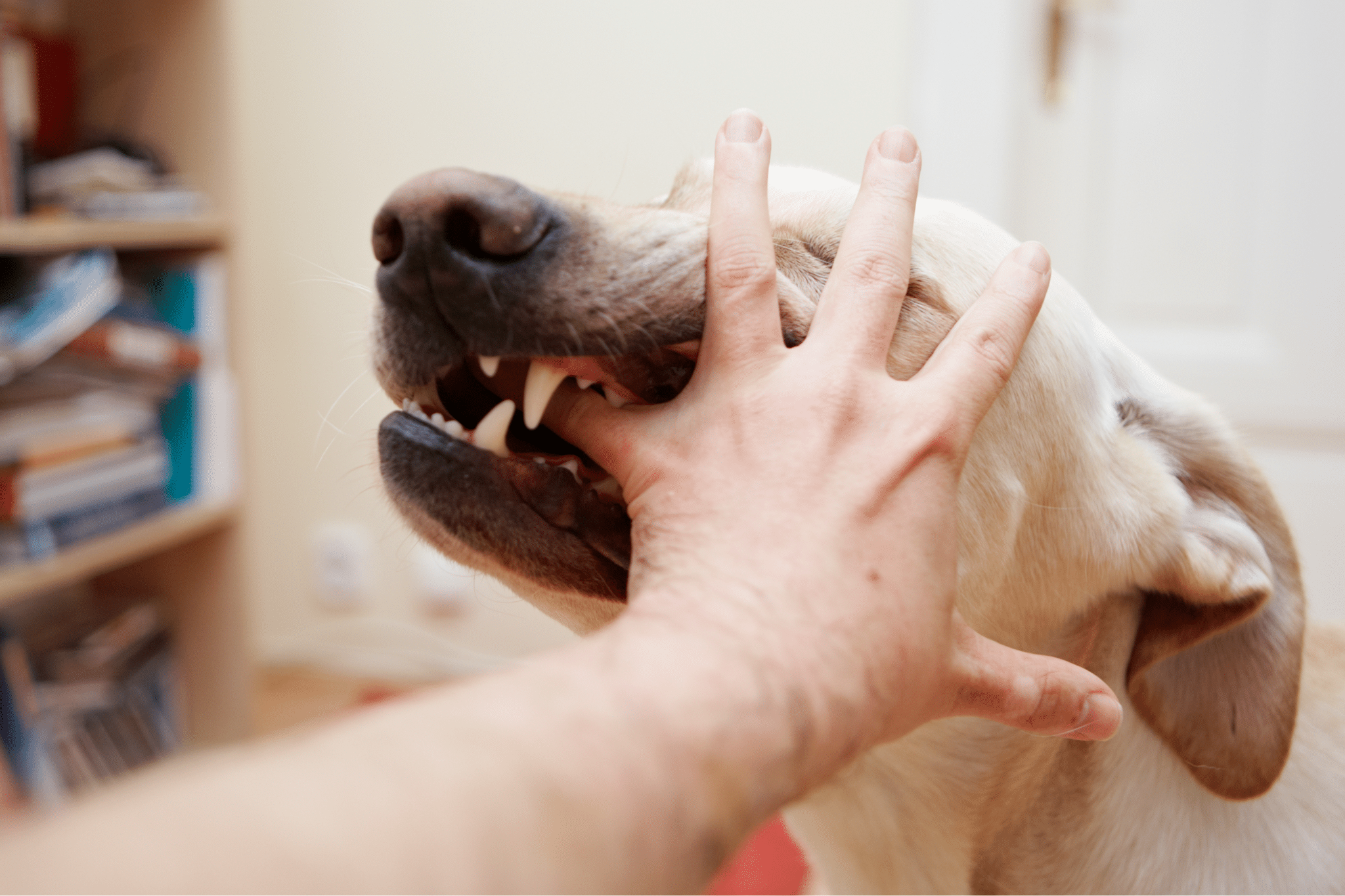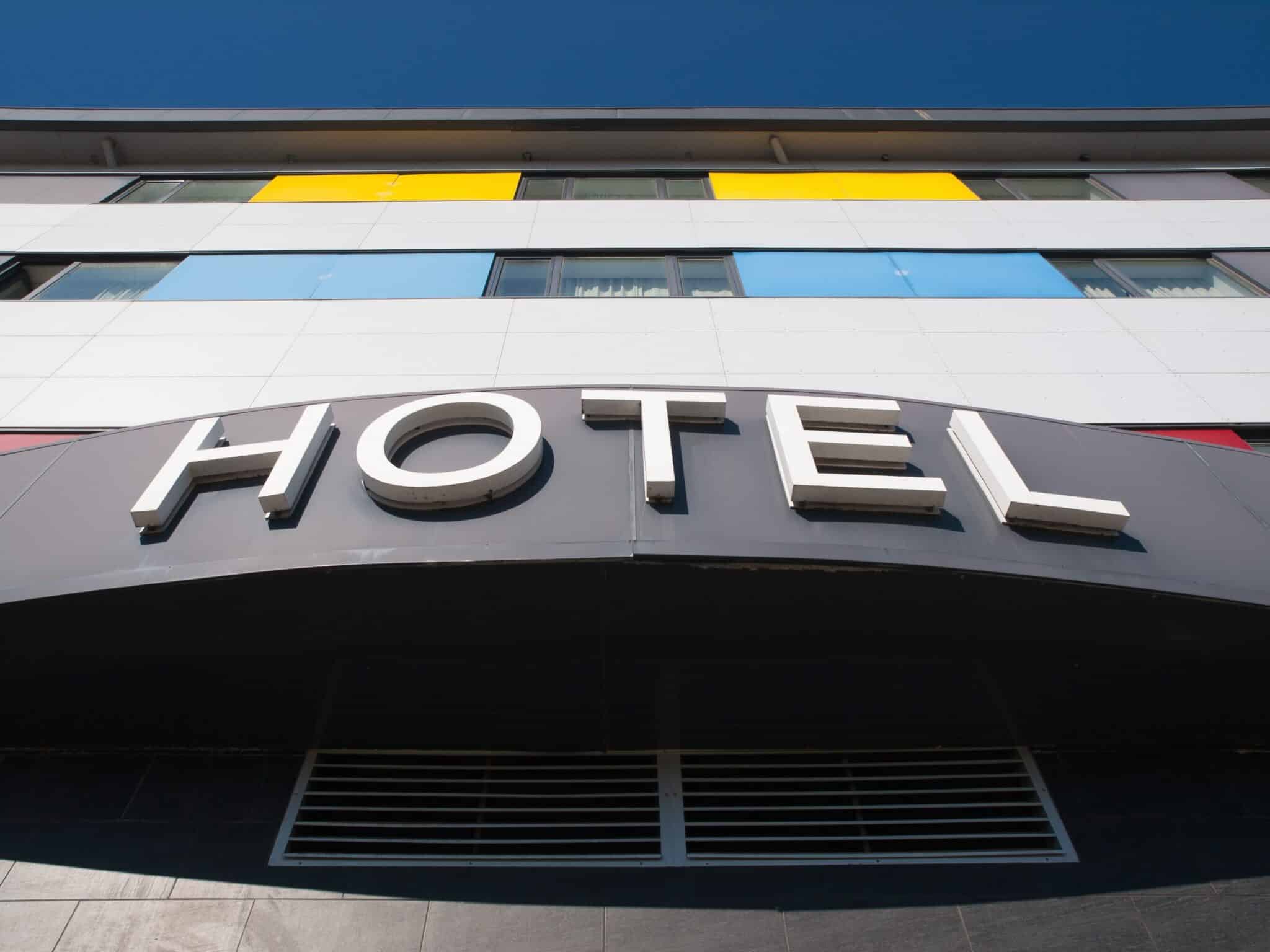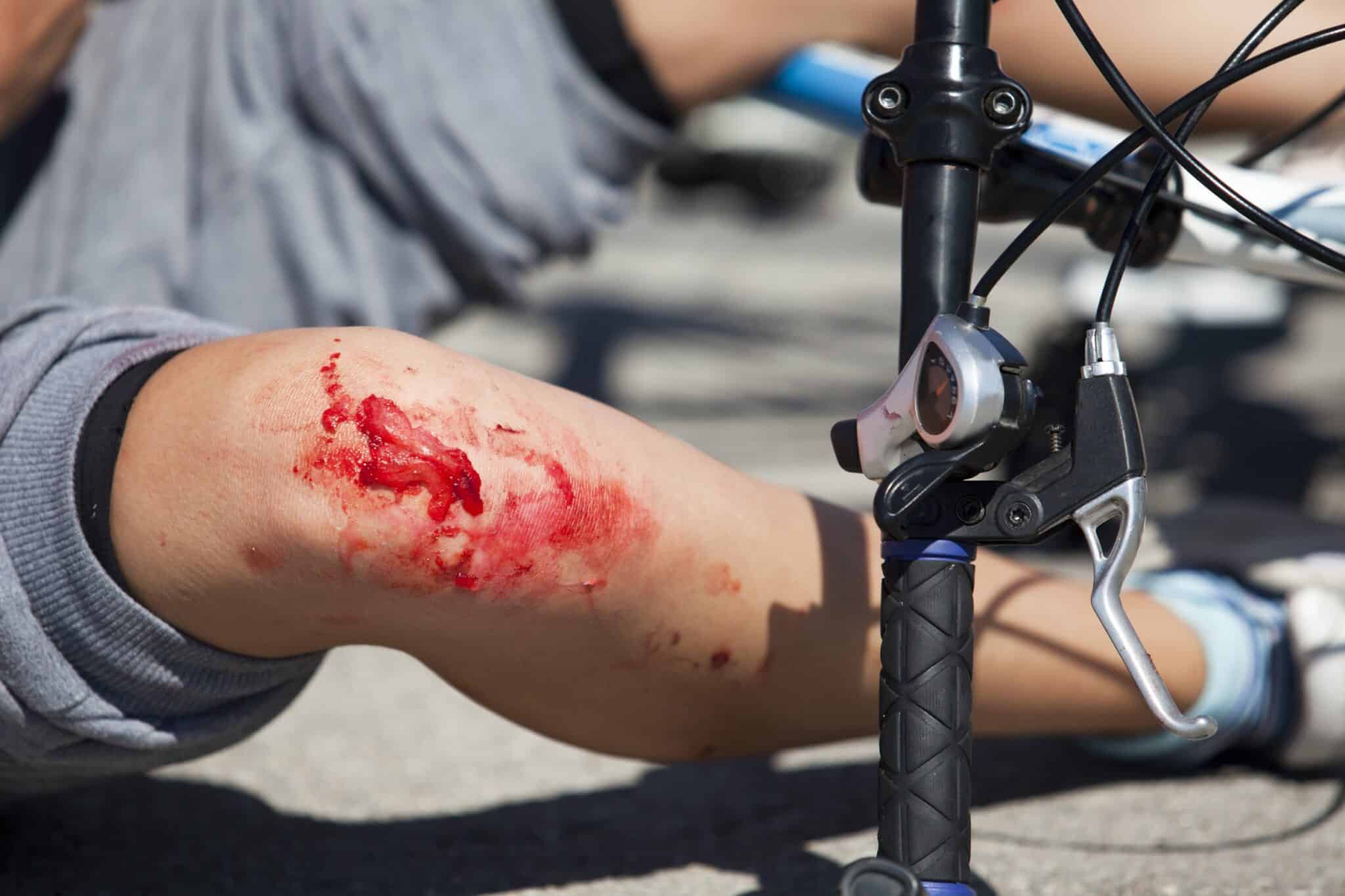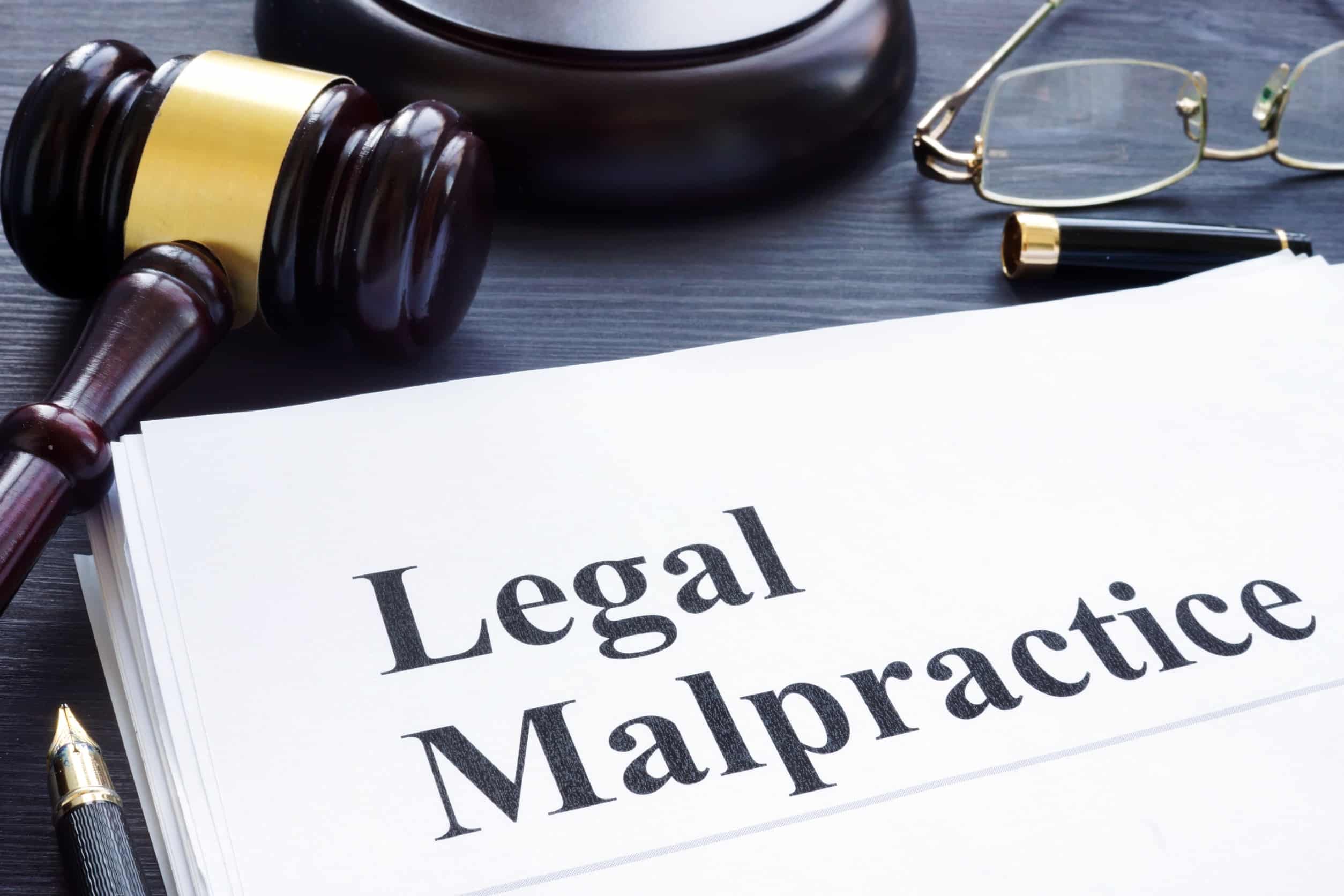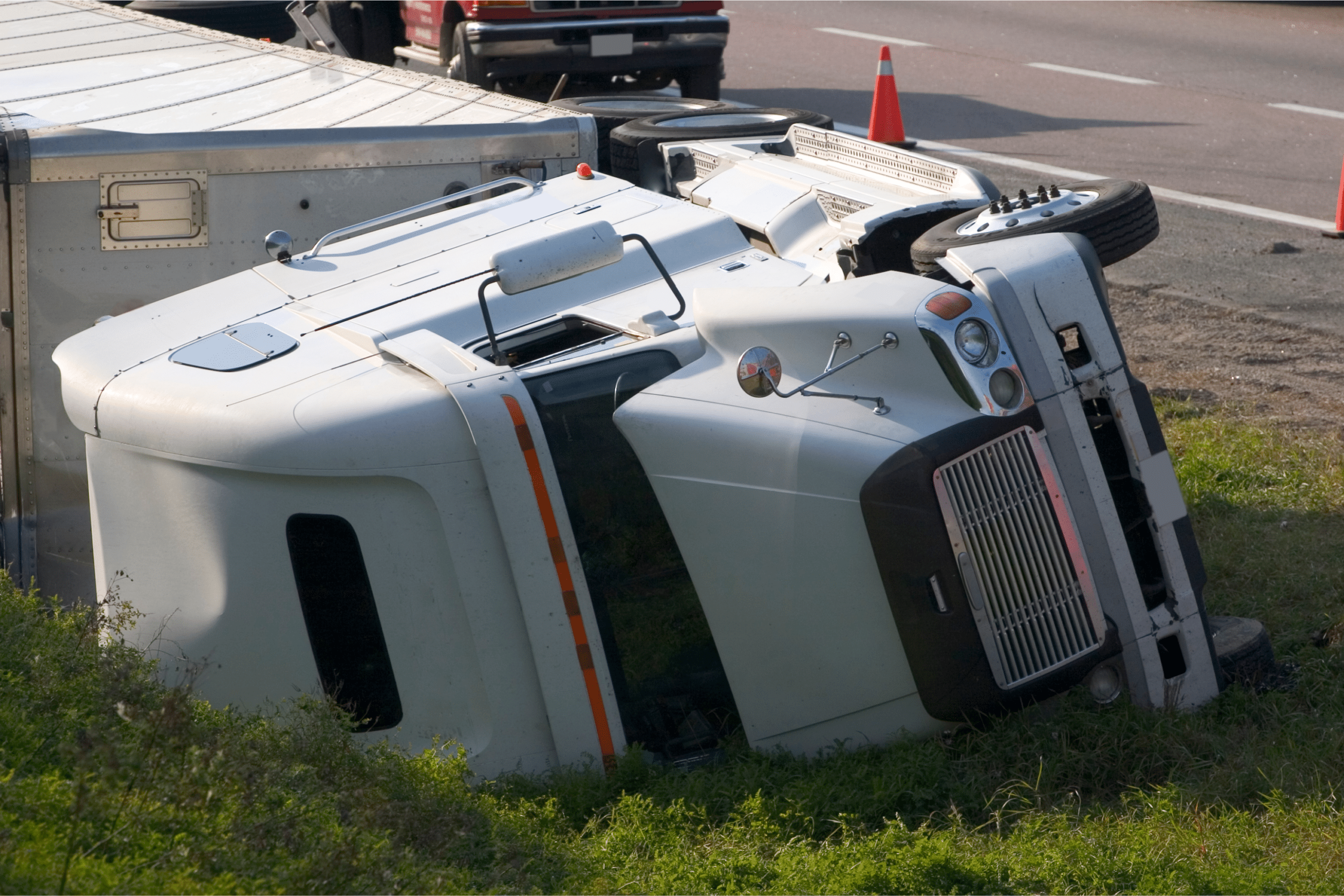Hurt at a Florida Hotel While Visiting Family for the Holidays?
When you’re visiting family for holiday break, sometimes a nice hotel room is just enough distance to keep the holidays happy. All too often, though, the accommodations you thought you booked wind up being less comfortable (or clean… or safe…) than advertised.
If you’ve been hurt at a Florida hotel this holiday season, you have options. Depending on the reasons for your injury, you may have a case for “premises liability.” When you open this type of case, you are claiming that the hotel property is at fault for your injury.
Florida, like all states, has specific laws regarding premises liability cases. Learn how you can determine whether a Florida property owner is at fault and what you have to prove in order to win your case.
When Is a Florida Property Owner at Fault?
If you are interested in holding the hotel where you were injured this holiday liable for negligence, the most important aspect of your case is actually proving that the hotel was at fault. Premises liability requires the property owner to have been negligent in some specific way for you to successfully sue for damages.
There are four main criteria that determine whether someone has been negligent. If your case meets these conditions, then you have a case. You may even be eligible for compensation, like a woman who recently received 4.75 million dollars for her Florida slip-and-fall injury.
Existence of a Duty of Care
A duty of care exists when there is a relationship where one party should reasonably be taking care of the other. A hotel has an affirmative duty of care to make their property reasonably safe for the people who pay to stay there. The key here is the word “reasonably.”
In general, the burden of any precaution against a loss should be less than the combination of how probable and how grave the loss is. Hand railings and “wet floor” signs are considered reasonable precautions while removing all vegetation from the property to prevent hay-fever is an unreasonable expectation.
Breach of Duty
A breach of duty occurs when someone fails to act in a way that would prevent an injury. For example, if the main entrance of a hotel is known to be slippery in the winter and no signs are placed to warn patrons, then there is a breach of their duty of care.
This can be the hardest to prove. If some precautions were taken, such as a single sign placed, then you must prove that those precautions were a) not enough to prevent your injury and b) that added precautions would have been reasonable.
Sufferance of Injury
This is one of the easiest to prove, as long as you were genuinely hurt. There are many kinds of injuries that can happen at hotels.

Simply provide evidence of your injuries such as photos or medical records from the incident. You will likely be questioned on the severity of the injury, but that falls under the final criterion.
Resulting Loss
Just because you were injured does not mean that a negligent party must pay anything. You must show that your injury resulted in personal loss.
This can mean lost future productivity, the costs of medical treatment, and loss of quality of life. The more you document after a negligence-induced injury, the better.
How to Prove Premises Liability in Florida
As soon as you’re injured you should have been gathering evidence. Once you’re fairly sure you have a reasonable premises liability case, you should reach out to an attorney and share what you’ve collected.
Documentation from the Scene of Your Accident
The more pictures you have of the problem, the better. For a slip and fall accident, have a friend or family member document where you fell. The goal of this documentation is to show that reasonable precautions were not taken and that the hotel’s duty of care has been breached.
Documentation of Your Injuries
Make copies of medical records and take pictures of your injuries. If your injury was not physically obvious, like whiplash or a concussion, get a written description from your doctor of the injury and its likely effects on your life.
Documentation of the All the Consequences of Your Injuries
Record time you had to take off from work or school. Make copies of the medical expenses and insurance rate increases. If you used to be an active person, gather records that show what you used to do and contrast that to what you can do now.
The amount awarded in negligence lawsuits is calculated based on what you have lost due to your injury. The more your lawyer can prove that you have lost, the more likely you are to receive a fair amount in damages.
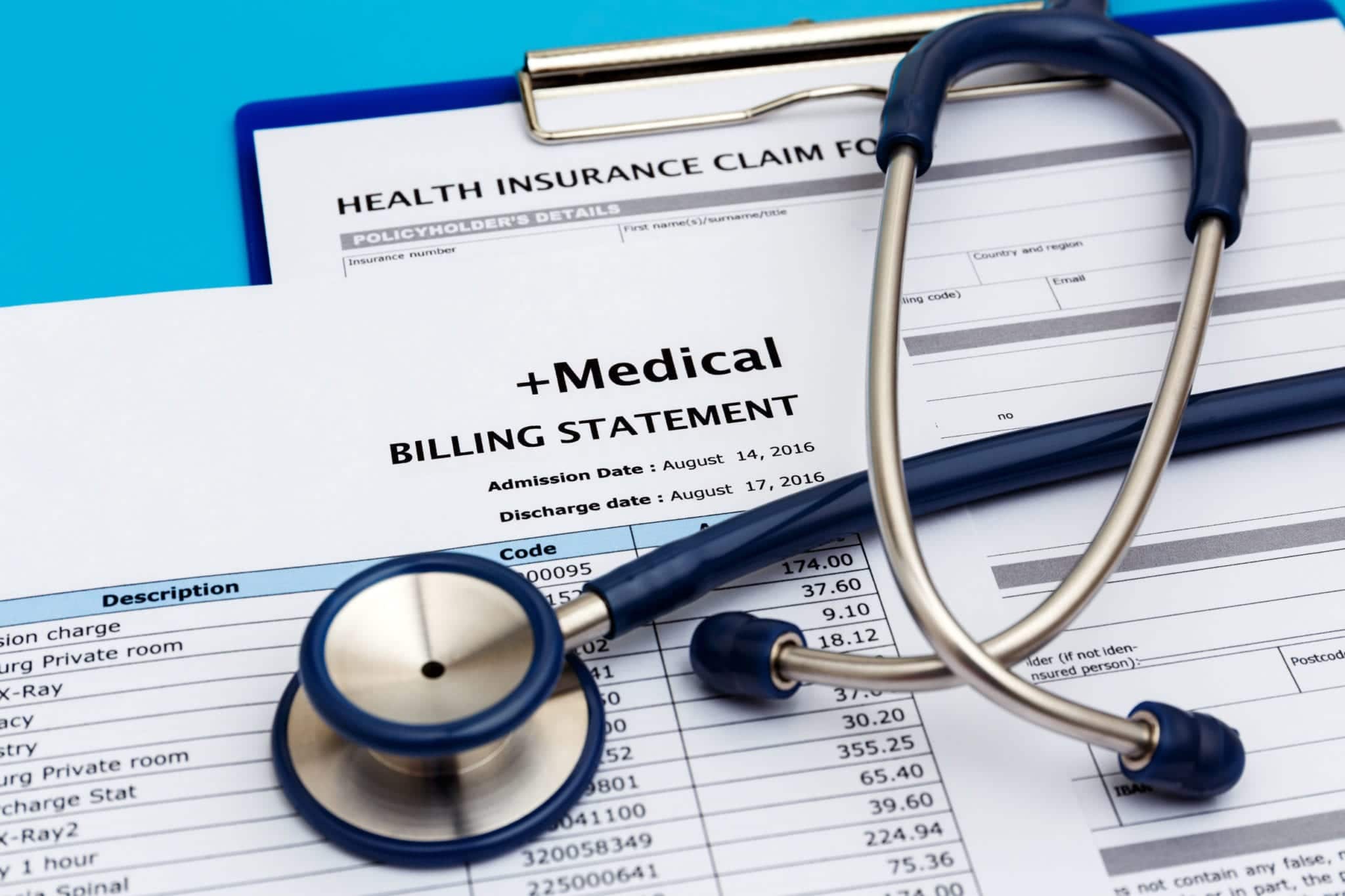
Getting hurt is obviously an awful experience. It’s even worse during the holidays. If you’ve gotten hurt in a hotel this holiday season, you may have a case against that hotel.
By documenting your injuries and the circumstances that caused them, you can prove negligence in your lawsuit and may receive damages from the hotel.
About the Author:
Andrew Winston is a partner at the personal injury law firm of Winston Law. For over 20 years, he has successfully represented countless people in all kinds of personal injury cases, with a particular focus on child injury, legal malpractice, and premises liability. He has been recognized for excellence in the representation of injured clients by admission to the Million Dollar Advocates Forum, is AV Preeminent Rated by the Martindale-Hubbell Law Directory, enjoys a 10.0 rating by AVVO as a Top Personal Injury Attorney, has been selected as a Florida “SuperLawyer” from 2011-2017 – an honor reserved for the top 5% of lawyers in the state – and was voted to Florida Trend’s ”Legal Elite” and as one of the Top 100 Lawyers in Florida and one of the Top 100 Lawyers in the Miami area for 2015, 2016, and 2017.
 What to Do When You’re Injured While Holiday Shopping in Florida
What to Do When You’re Injured While Holiday Shopping in Florida 